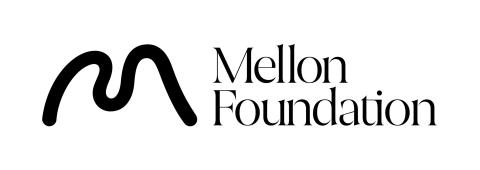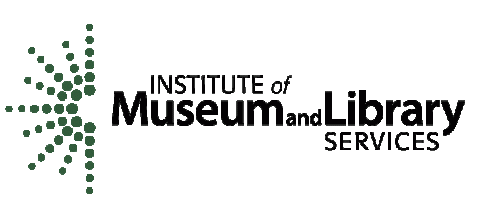Archives & Special Collections Mapping Native Intellectual Networks of the Northeast
Skip to Main ContentWith support from the Mellon Foundation, the Amherst College Archives & Special Collections is working to enhance scholarly and community access to the Collection of Native American Literature of published works by Indigenous authors from North America. The collection, one of the most comprehensive of its kind, is already heavily used by students and researchers and features in numerous Amherst and Five College courses. In close partnership with Northeastern Indigenous communities, and with tribal and academic librarians, Amherst’s Head of Archives and Special Collections, Mike Kelly, and Professor of English and American Studies, Lisa Brooks, have begun using the collection to document and map Native American intellectual networks and authors, with a focus on the northeastern United States and Canada.
- Link to Amherst College news: "Giving Voice to Native Texts and Native Scholars"
Digital Atlas of Native American Intellectual Traditions
In June 2016, Amherst convened a national planning meeting of tribal librarians and historic preservation officers, archival and digital library specialists, and scholars working in both Indigenous studies and digital humanities who are leading efforts to use Indigenizing methodologies and ethical practices in their work with Indigenous communities and materials. The goals of the planning meeting were to brainstorm ways to link related Native collections held at disparate sites inside and outside academia, to promote the creation of culturally competent metadata, and to integrate Native communities’ concerns for privacy, intellectual sovereignty, and proper stewardship of cultural records into access goals. The College partnered with the Association of Tribal Archives, Libraries, and Museums (ATALM), the Digital Public Library of America (DPLA), and the Mukurtu Project. A Steering Committee was established to identify potential participants for the meeting, which Amherst hosted June 22 – 24, 2016. A total of 29 participants from as far away as Hawaii, Arizona, and the Pacific Northwest worked together to produce a statement of need, vision, and principles (available here).
Current project
Following the advice of a national network of library and information specialists and tribal elders, Amherst seeks to develop:
- A Northeast regional network of tribal representatives, library and museum specialists, and information specialists interested in linking collections and communities
- Protocols for the culturally appropriate description and use of collection materials and
- Specifications for an interface that will enable users to visualize books in the Native Literature Collection within a network of Native authors and communities, mapped across time and space and using categories, terms and contextual information that reflect Indigenous knowledge and methodologies
Through this work Amherst seeks not only to improve access to the Collection, but to support the development of digital humanities projects built according to Indigenizing methodologies and reflecting both academic and community needs. Our long-term goal is to create the means to embed digital humanities research, including research by community members and undergraduates, in the tools that libraries provide to their users.
Amherst anticipates that this project will:
- Advance the development of tools to increase public and scholarly access to the KWE and other collections of materials authored by Indigenous people in North America while observing the principles outlined in the 2016 meetings
- Support the study of histories and cultures that have been suppressed or marginalized, in ways that recognize and incorporate Indigenous methodologies
- Provide faculty and students opportunities to engage in research on authors, their historical contexts, and their communities that will improve access to the Native Literature Collections and, eventually, other regional collections
- Strengthen community partnerships that are reciprocal and center Indigenous knowledge, and develop guidelines for collaborations involving libraries and archives
- Create a framework for long-term collaboration with other research centers in the Northeast to improve regional access to both published and unpublished materials about Indigenous history and culture; Amherst’s work to develop the map interface is an early step in the long-term creation of a larger network, one that links special collections and archival resources across institutions and communities
Support for this project comes from the Mellon Foundation and the Institue of Museum and Library Services

